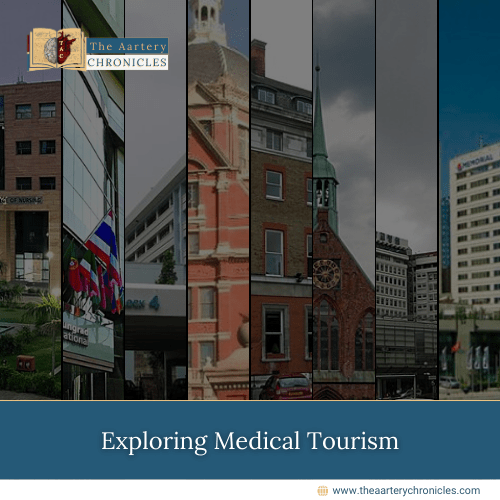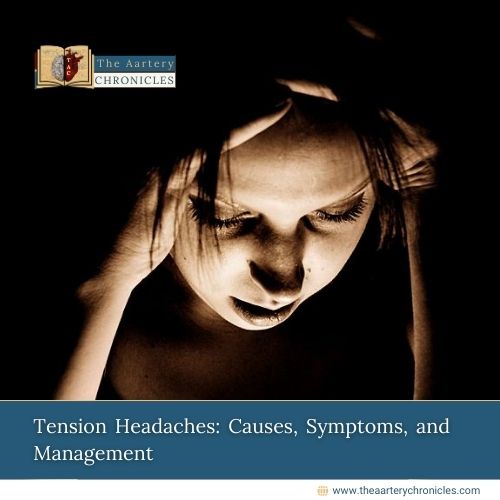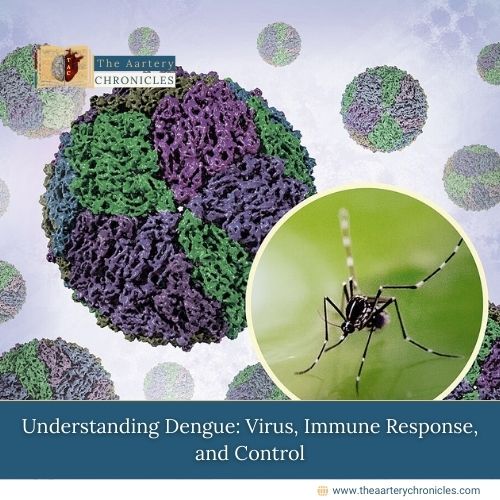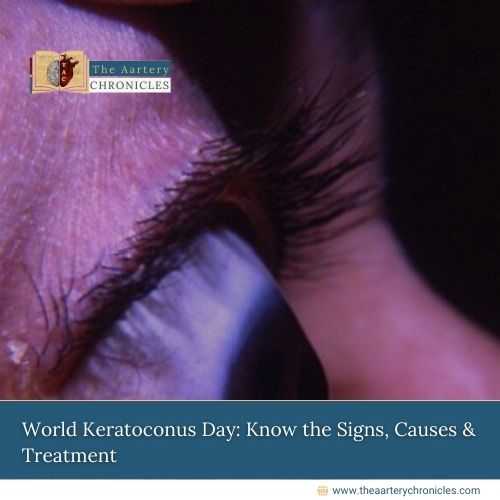
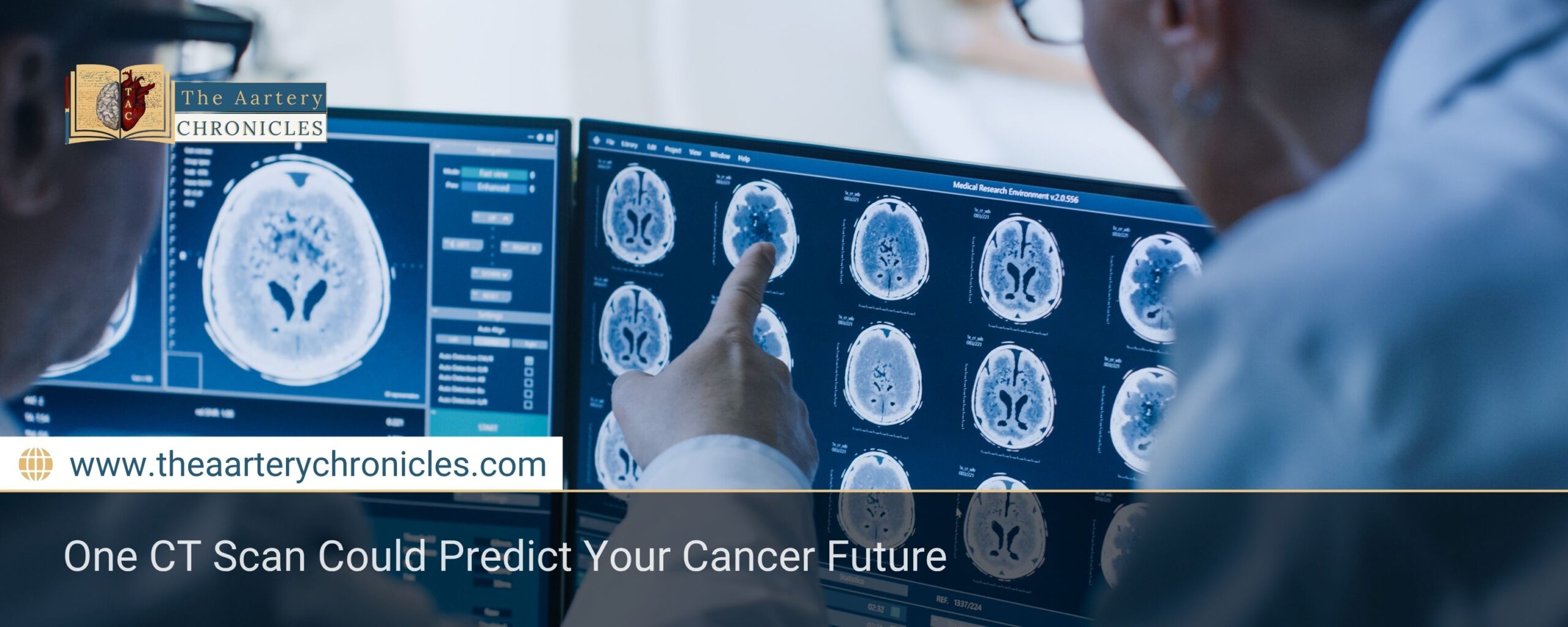
One CT Scan Could Predict Your Cancer Future
A new artificial intelligence (AI) model known as Sybil can predict a person’s risk of developing lung cancer years in advance using just one low-dose chest CT (LDCT) scan. The findings were presented at the ATS 2025 International Conference and marked a significant step forward in early detection and personalized screening.
Developed by Leading Institutions
Sybil was created by researchers at the Massachusetts Institute of Technology (MIT) and Harvard Medical School, originally trained using data from the National Lung Screening Trial (NLST). The model is now showing strong results in broader patient populations, including those outside the typical screening guidelines.
Why This Matters
Many current screening guidelines focus on people who smoke or have smoked heavily. However, lung cancer is increasingly being diagnosed in people who have never smoked, particularly in Asian countries. These individuals often don’t qualify for routine screening leaving many cases undetected until it’s too late.
“Sybil could help solve this mismatch between risk and current screening recommendations,” said Dr. Yeon Wook Kim, pulmonologist and lead author from Seoul National University Bundang Hospital in South Korea.
Study Shows Strong Predictive Power
In the study, over 21,000 adults aged 50–80 who voluntarily underwent LDCT scans between 2009 and 2021 were followed until 2024. Sybil analyzed these scans to estimate each person’s future risk of lung cancer.
The model successfully predicted who would develop lung cancer within one year and six years even among never-smokers. This suggests it can provide valuable risk assessments that go beyond traditional factors like smoking history or age.
Next Steps: Real-World Testing
According to Dr. Kim, Sybil’s strength lies in its ability to provide individualized risk scores based only on imaging, rather than relying on standard demographic or lifestyle information. This makes it especially useful for people already scanned but have not been given clear guidance on whether or not to continue screening.
Sybil could help doctors:
- Identify people at very low risk who might stop screening safely
- Flag those at higher risk who need continued or more frequent follow-up
Conclusion
As lung cancer patterns shift globally, especially in Asia, tools like Sybil could play a vital role in early detection and more personalized care. By using a single CT scan to predict long-term cancer risk, this AI model could help ensure that the right people get screened at the right time potentially saving lives through earlier treatment.
Source: Inputs from various media Sources

Priya Bairagi
Reviewed by Dr Aarti Nehra (MBBS, MMST)
I’m a pharmacist with a strong background in health sciences. I hold a BSc from Delhi University and a pharmacy degree from PDM University. I write articles and daily health news while interviewing doctors to bring you the latest insights. In my free time, you’ll find me at the gym or lost in a sci-fi novel.

